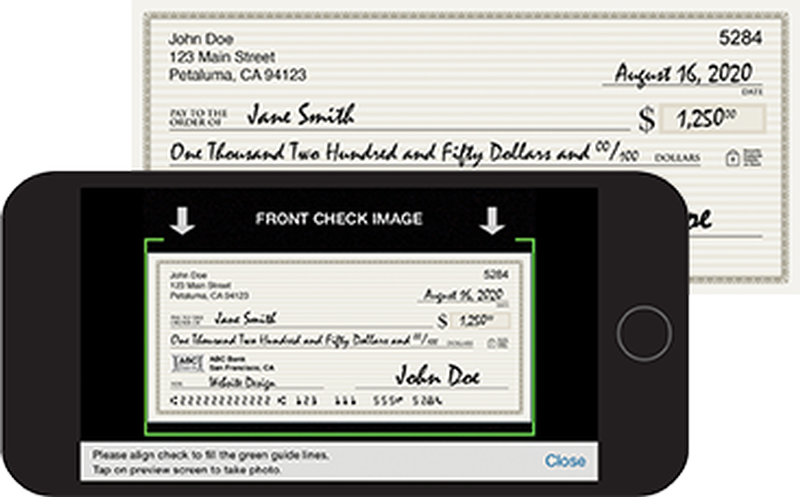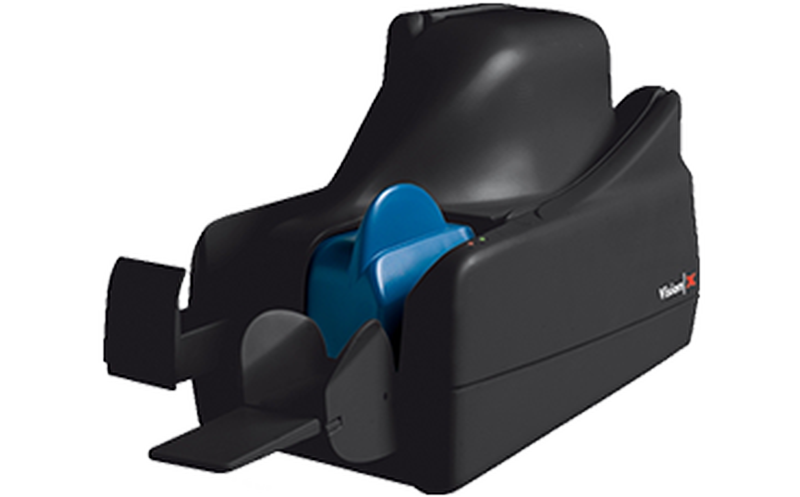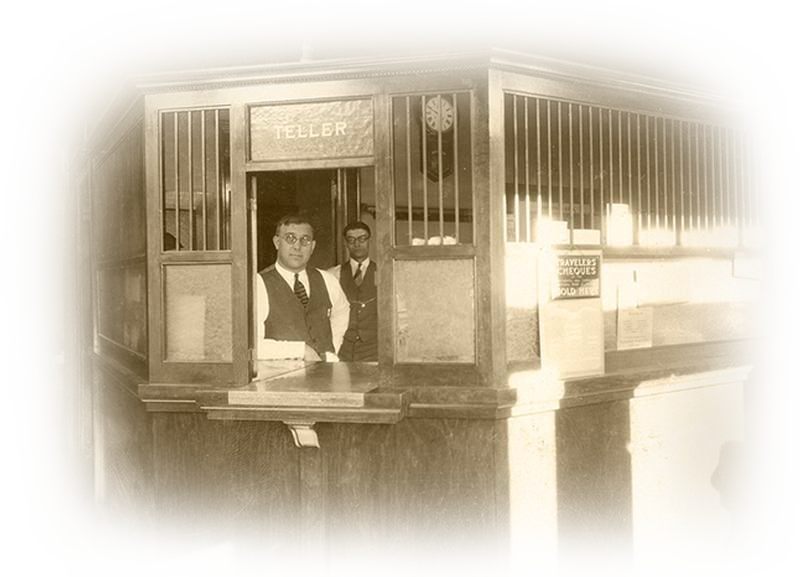Preventing Identity Theft
Identity theft is fraud committed or attempted by using identifying information of another person without authority. Identifying information is any personal information such as your name, Social Security number, date of birth, credit card or bank information, or any unique electronic or biometric data. Identity theft is a serious crime that can cause victims loss of time and money to resolve.
Identity theft is preventable however. The Federal Trade Commission has an excellent website which can be used as a resource to find ways to minimize risk as well as give instructions on what to do if you become a victim of identity theft.
Our customer's security is important to us. The following links will give you more information regarding identity theft. If you have additional questions not answered below, please stop in or call us at 952-469-1600 and we would be happy to assist you.
- How can I be better protected?
- What are the different methods used by thieves to victimize individuals?
- What do I do if I am a victim of identity theft?
How can I be better protected?
The following list contains some ideas on how you can better protect yourself against identity theft. The list is not all inclusive however it is a good start at helping to prevent identity theft.
- Never give out any personal information unless initiated by you. If any credit card company or bank calls you directly and asks you to provide your card number, social security number or bank information, this should not be given. If they are indeed from a reputable place, they would have the information they are asking for.
- Use a cross-shredder when discarding any confidential or personal information.
- Don't leave your purse or wallet in a locked vehicle even if hidden.
- Never use your credit card or debit card on the Internet unless you are on an encrypted/secure site. This can be determined by looking for the padlock while in the browser.
- Watch that bank and credit card statements are delivered on a timely basis and that they don't contain any unusual transactions. E-Statements are a great option since there is no possibility of the bill/statement being stolen from a mailbox.
- Don't carry your social security card in your wallet or purse.
- Instead of placing credit card payments or other mail that may contain personal information in the mailbox, take it directly to the post office to place in a secure mail slot. Bill pay is a good option as well to make secure payments for bills received.
- Never write down any PINs or passwords.
- Have checks delivered to the bank instead of your mailbox.
- Make sure to view your free credit report at least once a year. Each credit reporting agency gives a free credit report each year. If you pull from only one company at a time, you are able to get three free credit reports in a year. The credit reports can be pulled from www.annualcreditreport.com or by calling 1-877-322-8228. To get a free credit report from each credit reporting agency you can contact each one individually:
Equifax: www.equifax.com or 1-800-685-1111
Experian: www.experian.com or 1-888-397-3742
Transunion: www.transunion.com or 1-800-888-4213
- Make a list of all credit card and bank account numbers along with their corresponding customer service phone numbers and keep in a secure place. This could then be used in case a purse or wallet is stolen.
- Request that pre-approved credit card offers not be mailed to you. This can be done by calling 1-888-5OPTOUT (1-888-567-8688) or going to www.optoutprescreen.com.
What are the different methods used by thieves to victimize individuals?
Thieves use various methods to victimize individuals and steal their identity. The following list explains some of the more popular methods used today.
- Social engineering or Pre-text Calling: This method is when thieves call people and pretend to be from a reputable company. They may at times already have some information about you but are looking for more personal/confidential information. It is important to remember if anyone calls you and asks for personal information that none should be given. Only when the call is initiated by you is it okay to disclose information.
- Spoofing: Spoofing is using technology to pretend to be something it is not such as creating a website, email or letter from a reputable company and using it to collect confidential information. If you are on a website where you have setup a picture (or watermark) for your username make sure to verify it shows up prior to entering your password. This is one safeguard used by reputable companies to guard against spoofing.
- Phishing: Phishing is used by thieves by sending mass emails or creating pop up boxes on websites that require you to input or send confidential information. It is important to remember that New Market Bank will never send you an email requiring a reply that contains personal information. The only email you will ever receive from us would be informational in nature. Any information needed back would be requested that you call us at our listed number or stop into the bank.
- Spyare: Spy Ware is software programs that are downloaded in the background while on an Internet site that are used to gather personal information. Spy Ware blockers are sold with Anti-virus software. It is important that any Anti-virus software purchased has the Spy Ware blocker included.
- Viruses/Worms/Trojans: All of these attack a computer making it unusable or allowing a hacker the ability to steal information from it. It is important if you are on the Internet or receiving email to always have Anti-virus software installed as well as insuring it is checking daily for updated files.
- ATM’s: Thieves are now using ATMs often to steal debit and credit card information. They place skimmers on where the card is slid and then either stand close to the ATM to capture the PIN or place a small camera to capture that information. It is important to look at the ATM to make sure nothing looks unusual prior to using it and also to be aware of individuals standing too close to you while using the machine.
What do I do if I am a victim of Identity Theft?
If you do find yourself a victim of identity theft, below are some steps to follow to begin assisting you in dealing with the identity theft.
- Close any accounts that have been tampered with or were opened without your consent.
- File a report with the local police. This police report may be needed by your bank or credit card company in order to deal effectively with the identity theft.
- The Federal Trade Commission (FTC) provides detailed information to victims of identity theft. Identity theft can be reported to the FTC by phone (toll-free) at 1-877-ID-THEFT (1-877-438-4338), mailed to ID Theft Data Clearinghouse, Federal Trade Commission, 600 Pennsylvania Avenue NW, Washington, D.C. 20580 or filing an ID Theft Affidavit securely online at http://www.ftc.gov/bcp/edu/microsites/idtheft/.
- A fraud alert can also be placed on your credit report which instructs businesses offering credit to contact you independently prior to extending or approving the credit. If this alert is placed, please realize that it is illegal for the business to extend the credit prior to contacting you. We suggest putting a cell phone number on the credit report to expedite the independent communication so that you can be contacted immediately.
- If you find your Social Security Number was misused, you can report the misuse to the Social Security Administration (SSA). You can report the fraud by calling the SSA Fraud Hotline at 1-800-269-0271, fax a request to 410-597-0118, mail a request to SSA Fraud Hotline, PO Box 17768, Baltimore, MD 21235 or email a request to oig.hotline@ssa.gov. Please remember if emailing a request to not include any personal or confidential information since email is not a secure form of communication.






